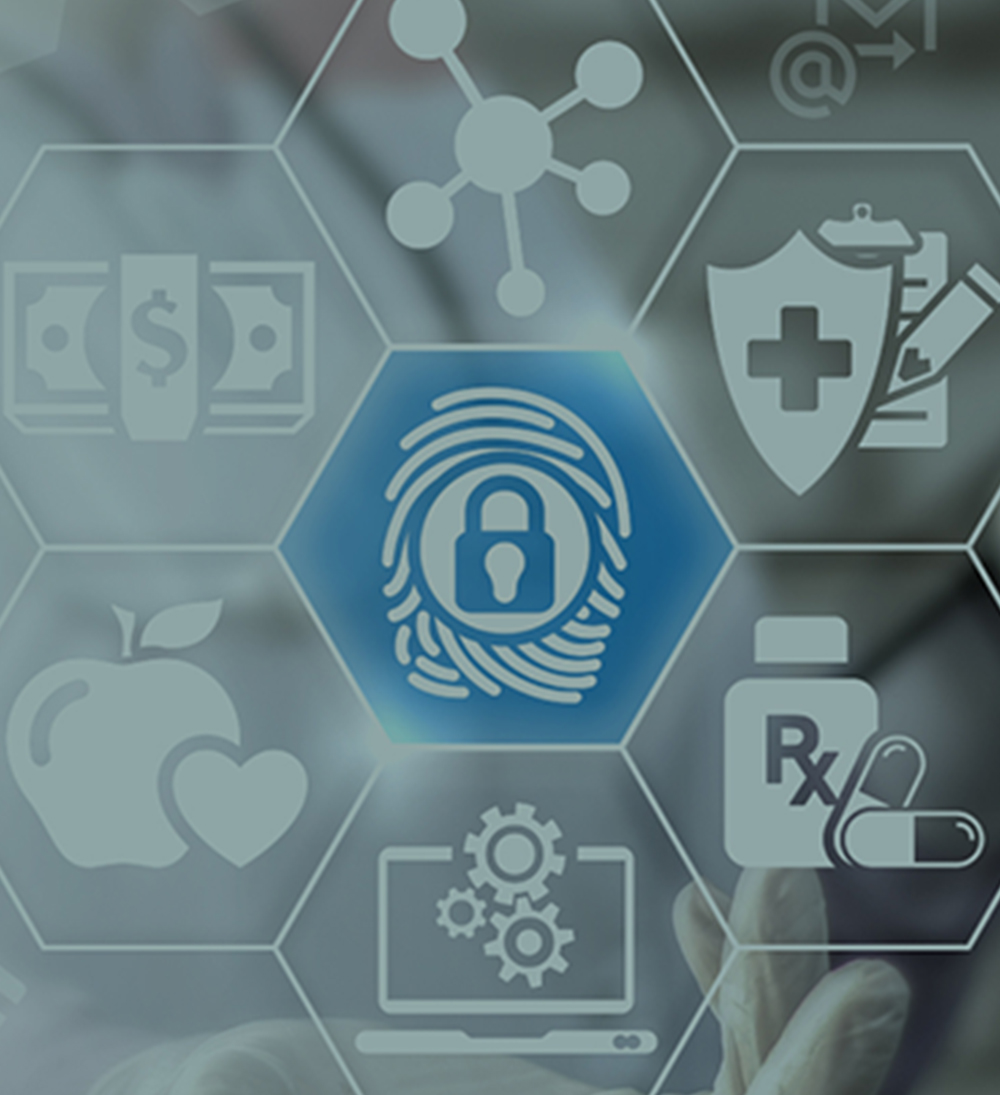Healthcare Data Security
Healthcare Data Security: Everything You Need to Know About HIPAA Compliance in 2022

Blog
Healthcare Data Security: Everything You Need to Know About HIPAA Compliance in 2022

Health Insurance Portability and Accountability Act (HIPAA) is a federal law designed to prevent disclosure of sensitive patient health information without patients’ consent
The need for having a robust HIPAA compliance strategy is at an all-time high! Endorsed in 1996, the Health Insurance Portability and Accountability Act (HIPAA) is a federal law designed to prevent disclosure of sensitive patient health information without patients’ consent. In essence, healthcare systems when handling critical healthcare data possession or exchange needs to ensure that they are HIPAA compliant.
Why HIPAA Compliance?
|
1 Promotes a healthy and secure culture of compliance across the organization |
2 Ensures highest standards of patient data privacy and security |
3 Fosters meticulous handling of patient data to improve patient experience |
4 Mitigates the impact of executive and organizational liability |
|
5 Protects the healthcare organization and staff from personal liability |
6 Ensures highest standards of patient data privacy and security |
7 Helps build a strong foundation for future technology and innovations |
8 Prevents expensive add-on security measures and controls operational costs |
HIPAA-compliant cloud hosting has been a major challenge amongst healthcare systems. However, it is essential that organizations consider the infinite possibilities of cloud strategies for HIPAA compliance in order to secure IT systems and deliver critical systems in a frictionless manner.
Top HIPAA-complaint Cloud Feature Considerations
| Firewall and Intrusion Prevention System | Fully encrypted Virtual Private Network | Robust Log Management |
| Backups and Data Recovery | High Availability & Reliability | Third-Party HIPAA/HITECH Audition |
Healthcare organizations need to adopt the right strategies and solutions to successfully manage HIPAA-compliant cloud hosting. This involves the following steps:
While it is important that you formulate a robust HIPAA-compliant cloud hosting system, organizations also need to have an advanced disaster management plan in place. This will help minimize interruptions to normal operations, mitigate the effects of disruption and damage, minimize the economic impact of the interruption, establish alternative means of operation in advance, train personnel with emergency procedures and provide smooth and rapid restoration of service. Below are some of the must-have components that healthcare systems need to consider in strategizing a HIPAA disaster recovery plan.
To learn more about building robust HIPAA compliant patient health information systems, talk to our team
From our humble beginnings as a healthcare start-up—to becoming a full-blown healthcare-exclusive digital transformation provider, our journey has been quite a remarkable one. Today, SolvEdge is a leading-edge Healthcare services and solutions provider—trusted by 450+ Hospitals, 3500+ Physicians and millions of patients across the globe.